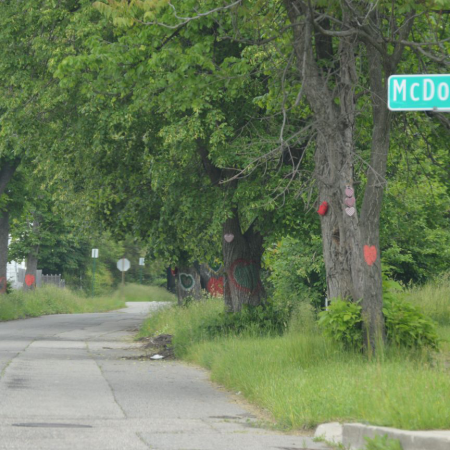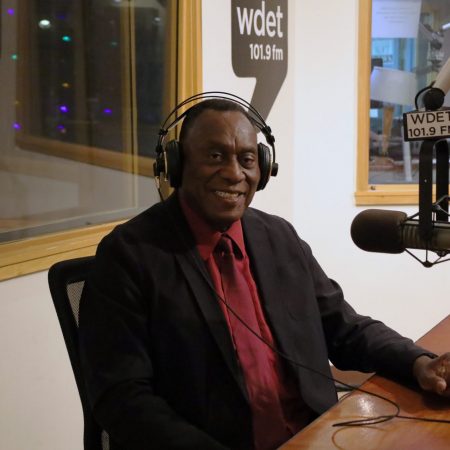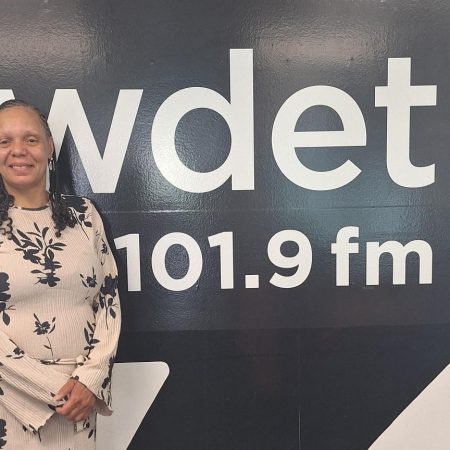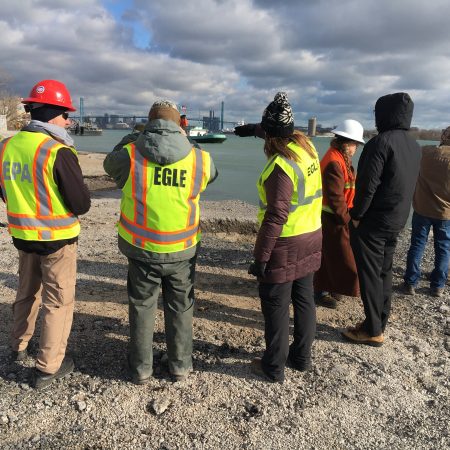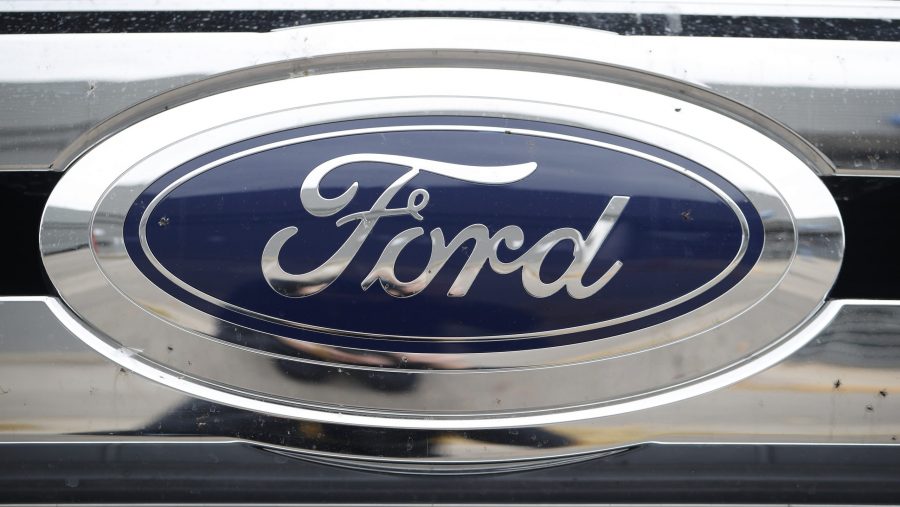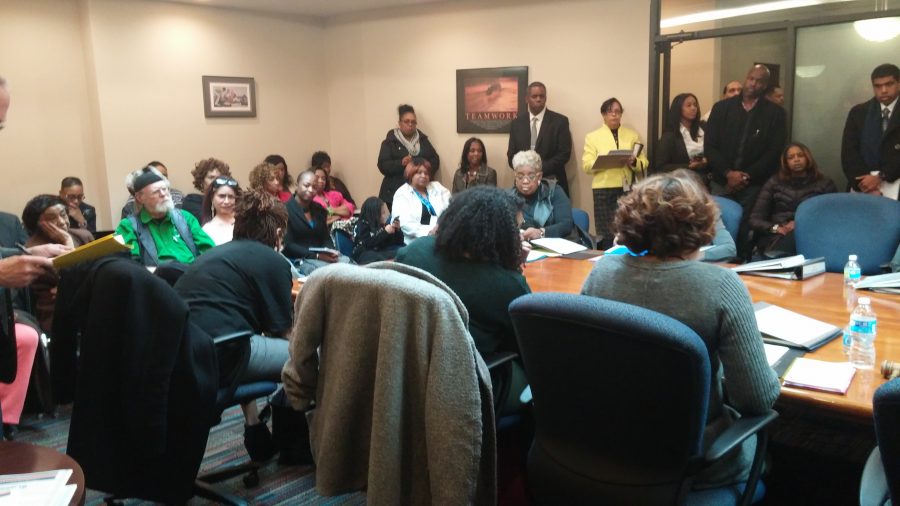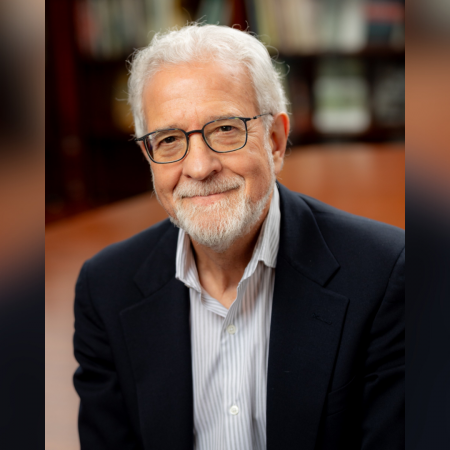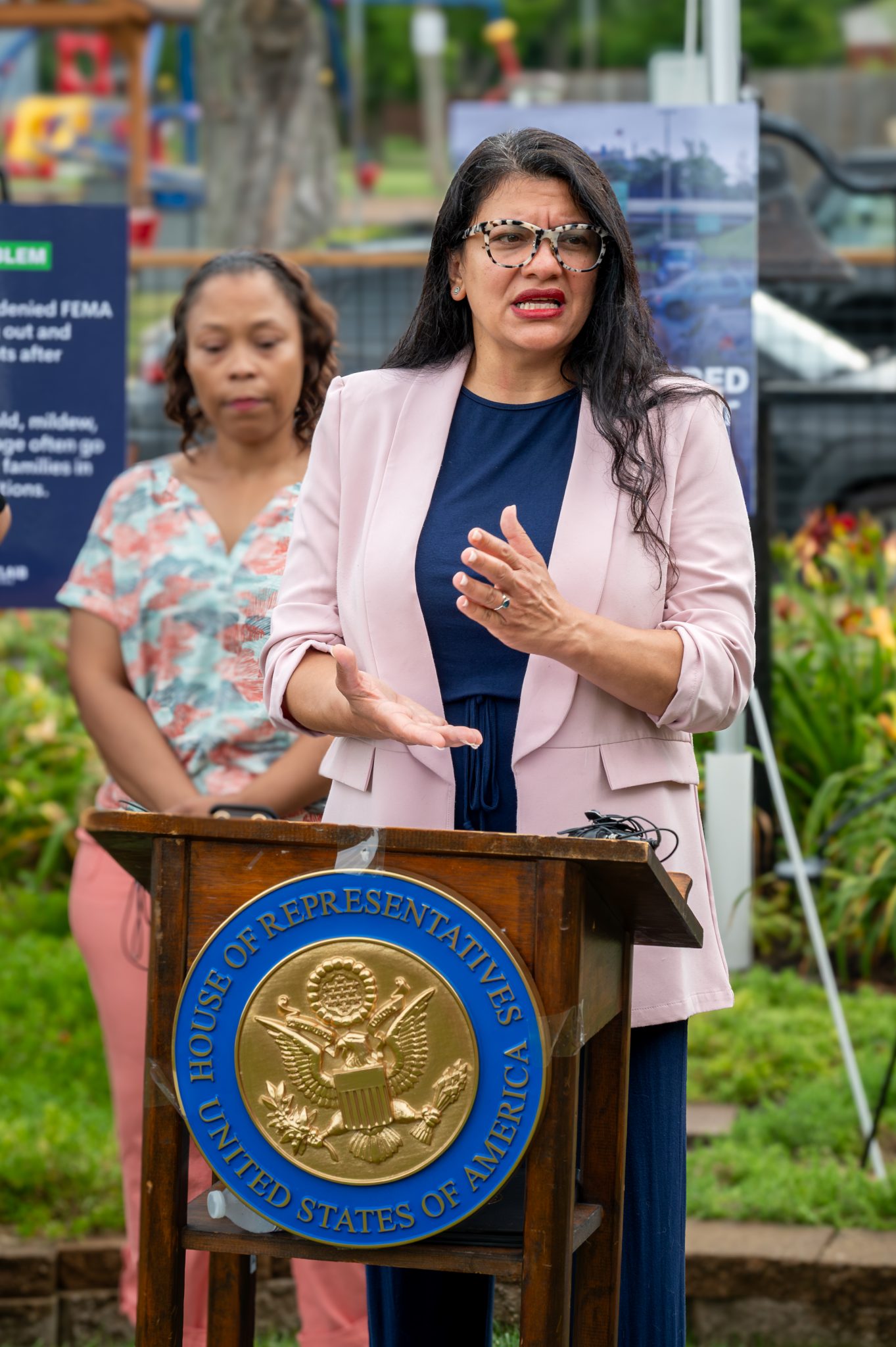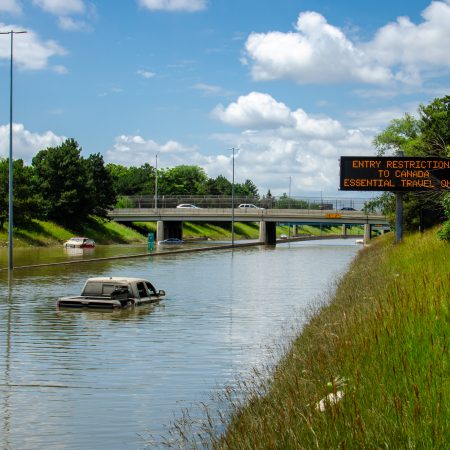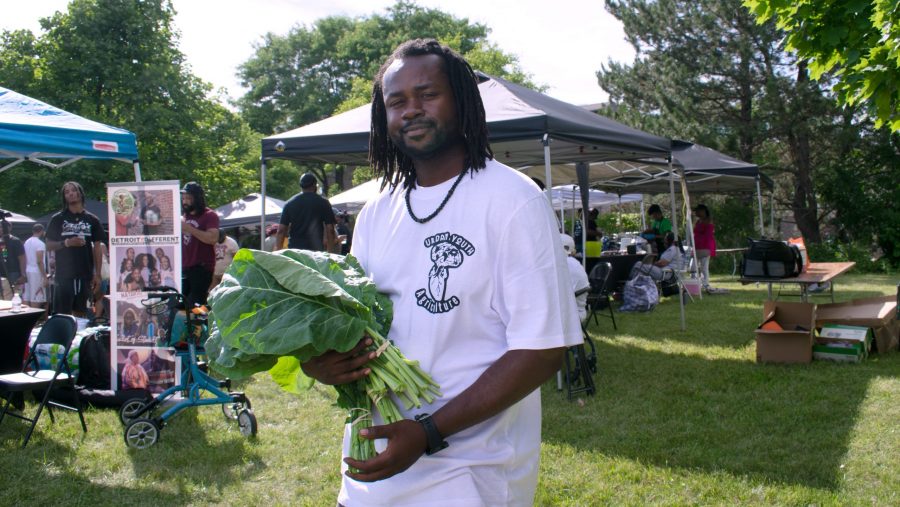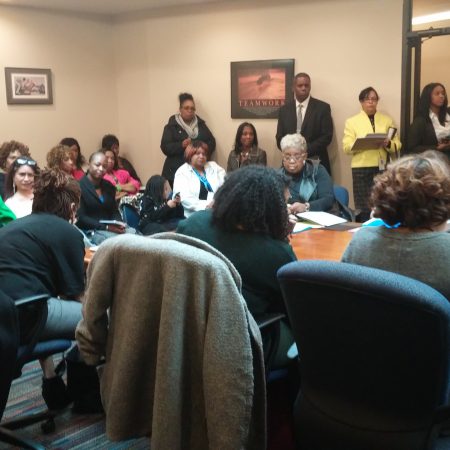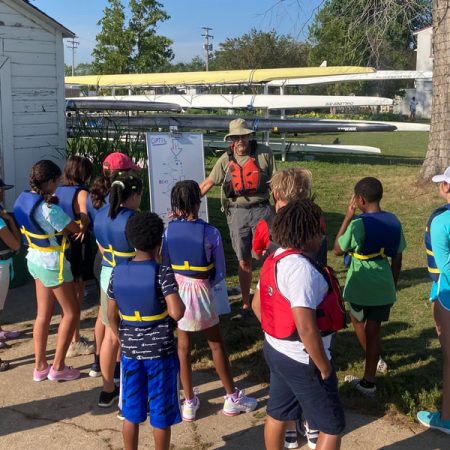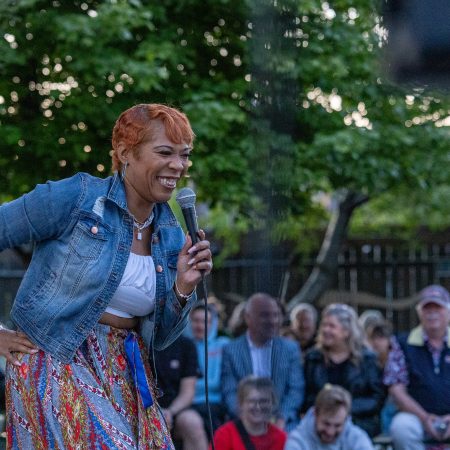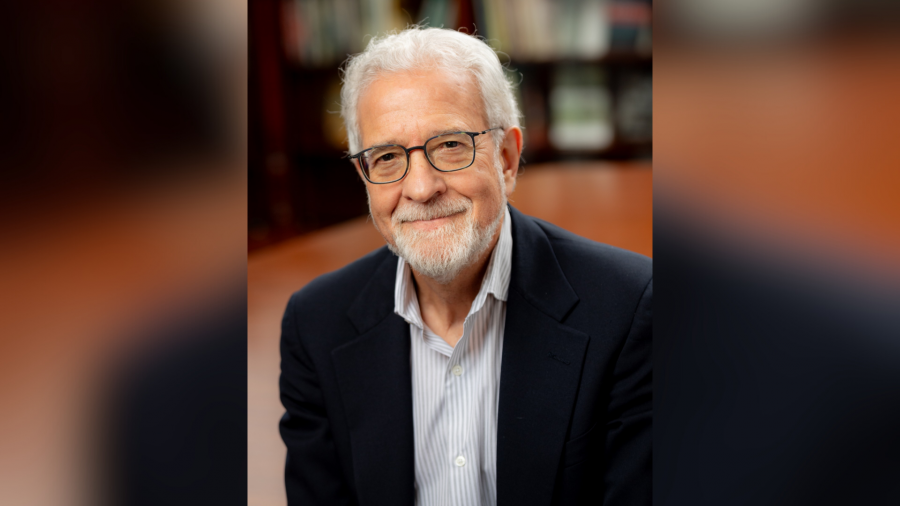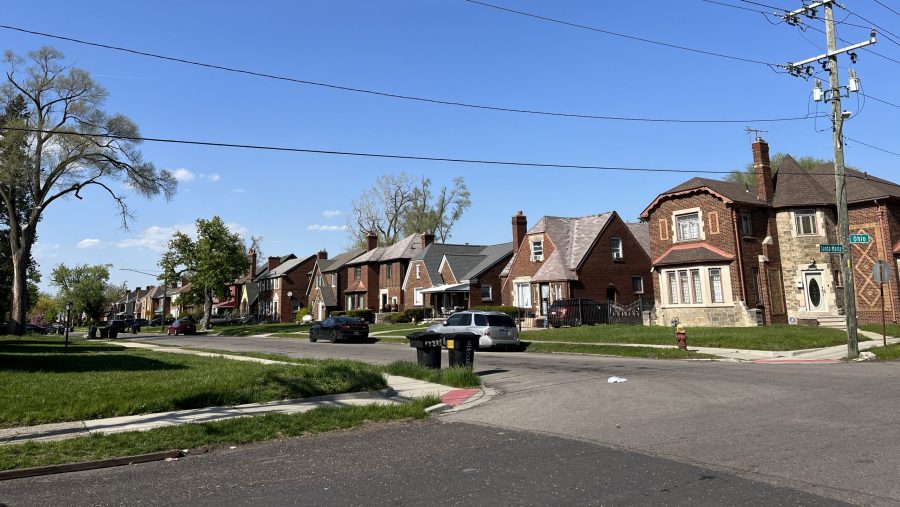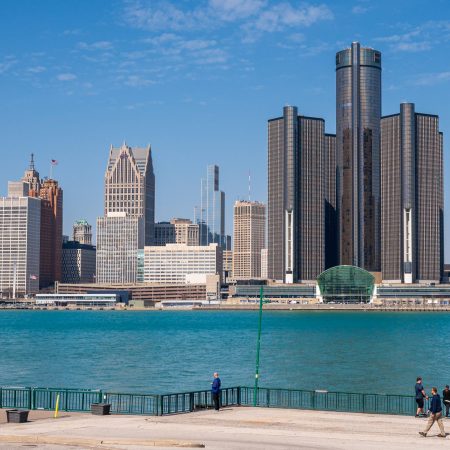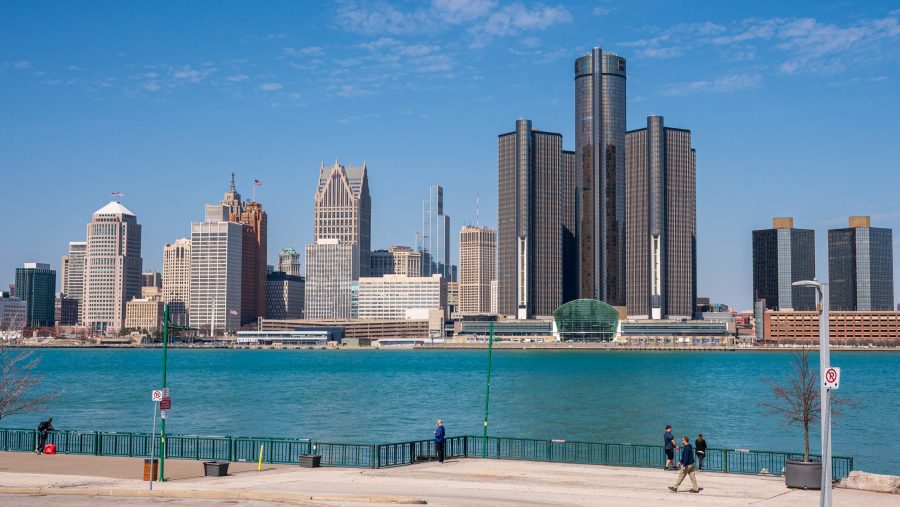Past environmental injustices shape today’s tree canopy
Reforesting urban environments faces one significant yet overlooked hurdle: bringing residents to the table.
Dr. Christine Carmichael recognized this when doing research in Detroit in 2013 with the Greening of Detroit. What she learned prompted her to create her urban forestry consulting group, Fair Forests, and write her book, “Racist Roots: How Racism Has Affected Trees and People in Our Cities – and What We Can Do About It”, which came out in 2024.
Today, Dr. Carmichael advises forestry efforts on national, state, and local levels on how to best address resident concerns and wants to make tree planting a positive experience for all involved.
Her work focuses on the unique roles community members, arborists, nonprofits, and governments play in urban forestry.
In her words, “How can we think about who has what type of power, and how can we share that better, and provide people with the resources they need to address all these issues around tree canopy?”
Carmichael emphasizes connecting with neighborhoods and learning their heritage narratives to see how they’ve experienced change over time.
How history shapes the tree canopy today
During the time of its peak population, Detroit had such a dense tree canopy that it was called “Tree City”. Then a combination of disease, invasive pests, and neglect killed half a million trees while magnifying injustices in the city’s landscape.
A lot of people want to move on from the past, but failing to see the bigger picture avoids key issues that created our modern tree canopy.
“People are living in the present consequences of the past decisions,” Carmichael says, reflecting on how historic racist policies like redlining still impact rates of homeownership among Black Americans today. “And we need to change those decisions to make things better.”
A result of redlining in the city
Carmichael says that when she started her work around a decade ago, the ties between redlining and reduced tree canopy weren’t proven. But foresters noticed that disadvantaged neighborhoods tended to have fewer trees and less healthy trees.
Redlining was the 1930s policy of evaluating property as “hazardous” if its occupants were Black. Owners of redlined property were ineligible for government housing investment funds.
Redlined neighborhoods are often recognized as environmental justice areas today.
Environmental injustice can include the dumping of waste, the placement and lax regulation of polluting industrial sites by the city, neglecting to address infrastructural issues, and more. Carmichael adds, ”A common way to think about it is that people are being treated unfairly and are not being meaningfully included in decisions about the environment that they’re living in.”
Having outsiders make decisions on what happened to the environment in these neighborhoods has negative consequences. Redlining segregated neighborhoods and denied people the help needed to care for their property.
It’s only logical that people lost trust in the city and outside organizations.
Not only are trees more vulnerable to disease and hazardous when they aren’t maintained properly, but the lack of tree canopy has an impact on people’s health. “So people experiencing higher heat-related issues, more air quality issues, mental health, cardiac,” Carmichael lists.
Detroit as an epicenter
Carmichael said that Detroit and its near-monoculture of elm trees made it an epicenter for Dutch elm disease.
When Dutch elm disease swept through the city at the same time as the ‘67 Rebellion, the mass removal of Elm trees with little notice was another injustice residents suffered.
It created a unique heritage narrative that Carmichael noticed among residents she interviewed. “Many, most of whom had lived during the 67 rebellion, had this feeling that the trees were removed because the government wanted to surveil neighborhoods from overhead in helicopters, not because the trees were diseased.”
The consistent exclusion and lack of resources given to certain neighborhoods created environmental injustices that worsened as the city lost much of its population to white flight. The forestry department shrank, and diseased and dead trees were left to languish in residential areas.
When emerald ash borers struck in the 90s, more trees were lost and damaged. Again, residents were not as informed or engaged as they should have been.
“It was more like a reactionary, oh, these trees are dying, we’ll just take them down,” says Carmichael. “There were limits to urban foresters’ understanding of how to manage those things. They were new threats, but I think there could have been a lot more proactive effort to organize with the community.”
Despite being at the forefront of these ecological issues, Detroit missed an opportunity to address environmental injustice, according to Dr. Carmichael. The same failures can be seen in other urban environments that followed.
Detroit could have been an example of how to better protect the tree canopy with environmental justice in mind.
Modern approaches to inclusive urban forestry
As Detroit was less able to fund municipalities like forestry departments, neighborhood community groups stepped up to care for their lands. When nonprofits came onto the stage to fill the gaps left by forestry departments, there was a need to engage better with residents on the ground level that wasn’t being met at the time of Carmichael’s research.
Meaningful engagement between outside tree planting groups and neighborhoods requires a lot of funding. Carmichael credits the Inflation Reduction Act for allowing urban forestry groups to begin to make the necessary efforts to reduce barriers for the communities they work with.
But now that funding is gone, and nonprofits have to work with fewer resources once more. That may mean that they can’t prioritize residents as much as they need to, as getting trees in the ground and similar metrics are what appeals to funders.
Still, Carmichael argues that it’s essential to look at reforesting efforts beyond the lens of efficiency and profit maximization. It’s not just about how many trees you can plant, the shade provided, and the carbon sequestered, but also about the people who will be impacted by those trees.
Those same people are paramount when it comes to long-term maintenance of the tree. If urban foresters can show them specific things to look out for, residents can make sure the trees stay healthy and don’t become hazards like they have in the past.
“Essentially, it’s about educating,” says Carmichael. It’s not about the benefits of trees, as most residents already know all the good a tree can do; they just need support on making sure those benefits come without so many drawbacks. “The emphasis should be more on educating the funders about what activities are needed to both increase the canopy and support the residents.”
This story is part of WDET’s ongoing series, The Detroit Tree Canopy Project.
Trusted, accurate, up-to-date.
WDET strives to make our journalism accessible to everyone. As a public media institution, we maintain our journalistic integrity through independent support from readers like you. If you value WDET as your source of news, music and conversation, please make a gift today.
The post Past environmental injustices shape today’s tree canopy appeared first on WDET 101.9 FM.
